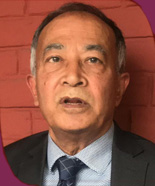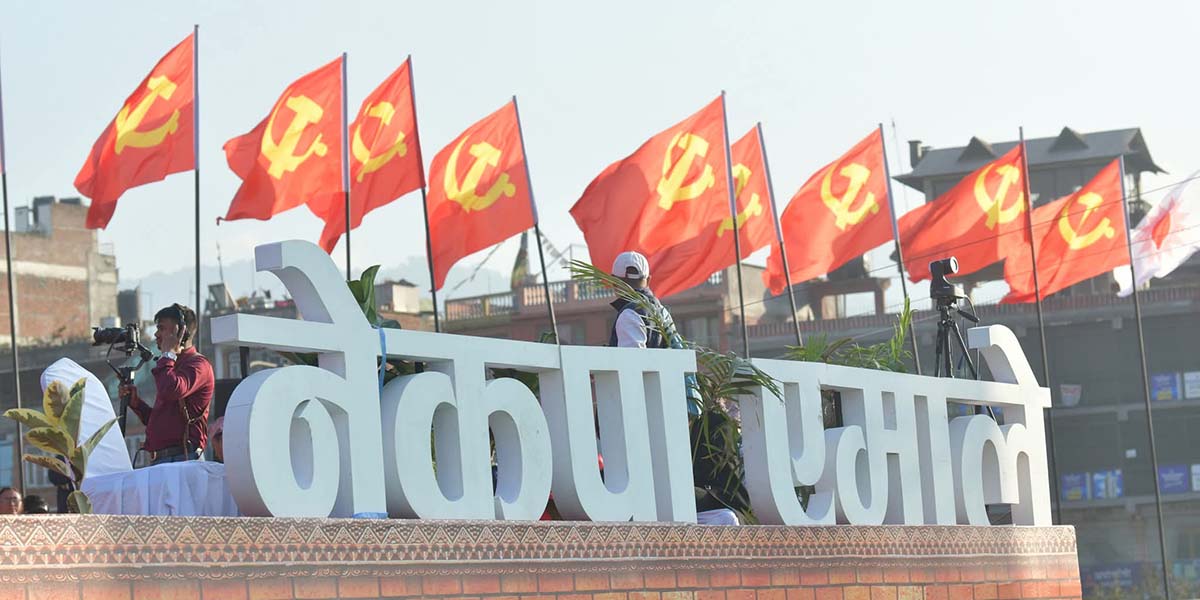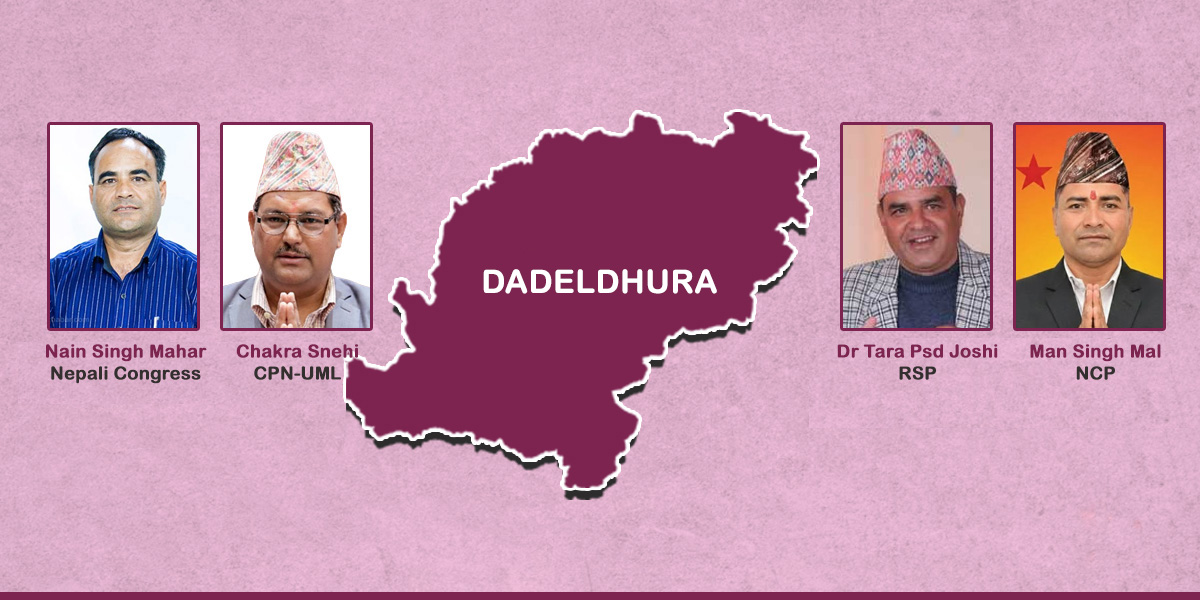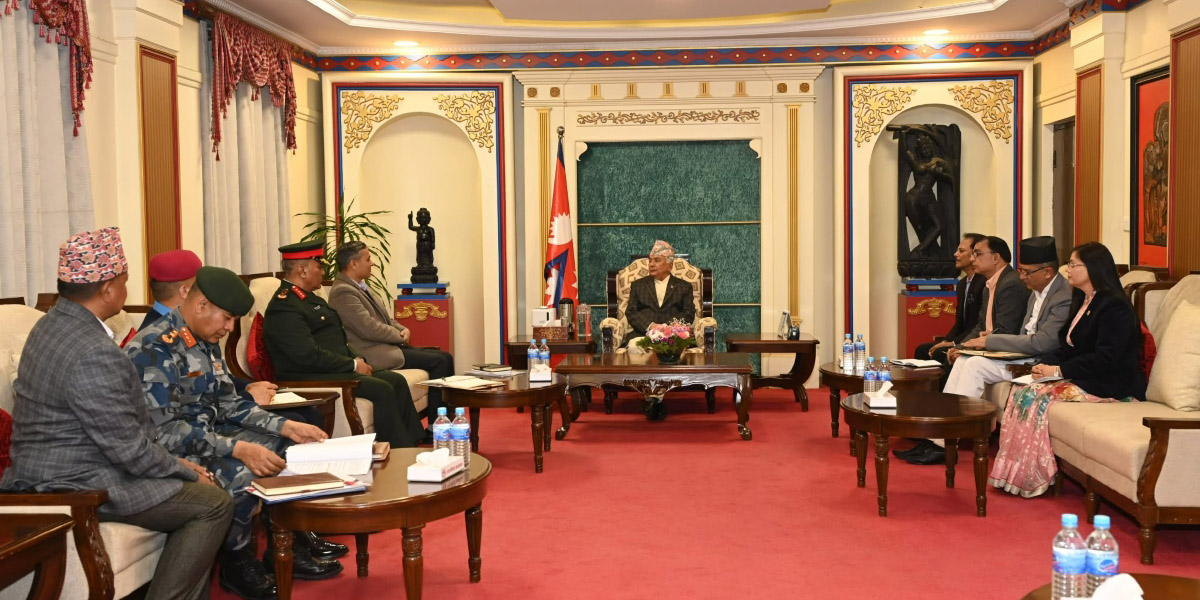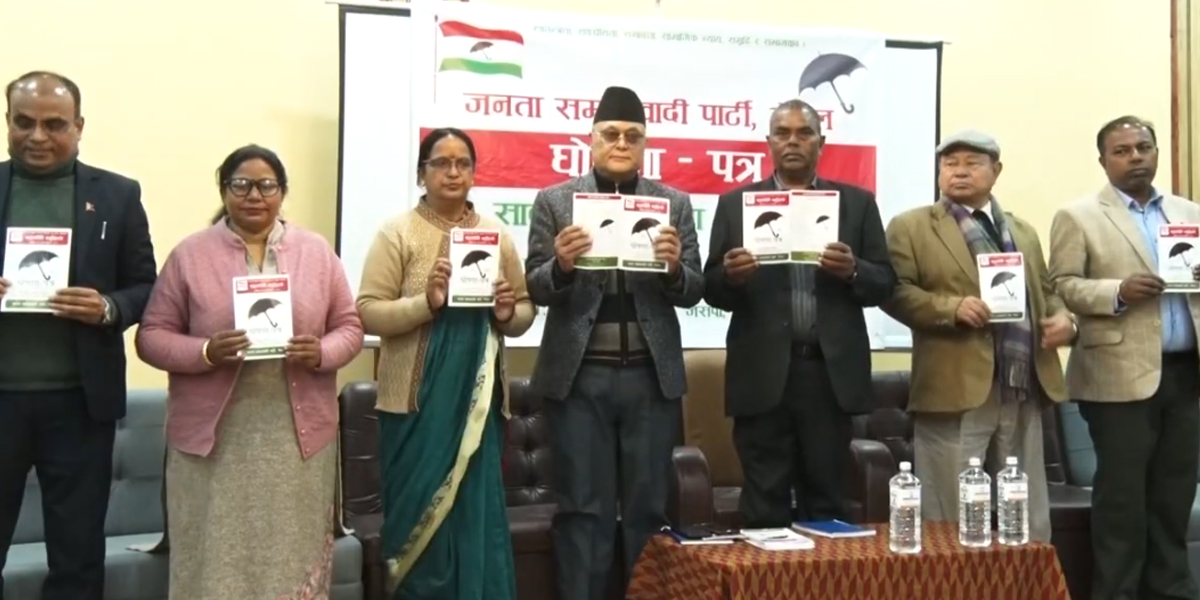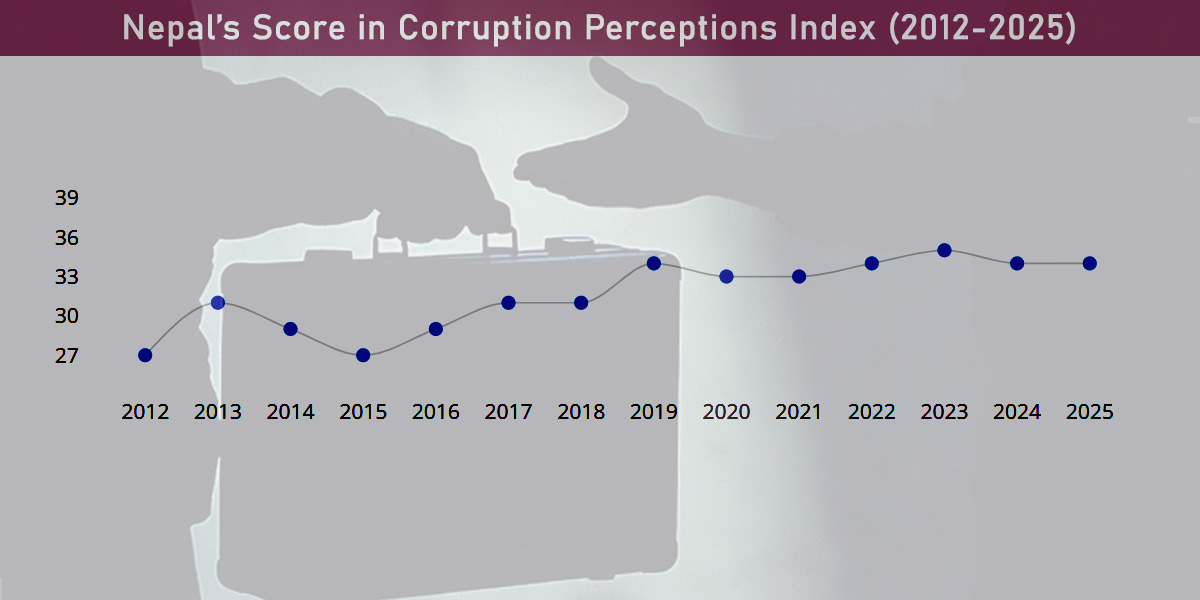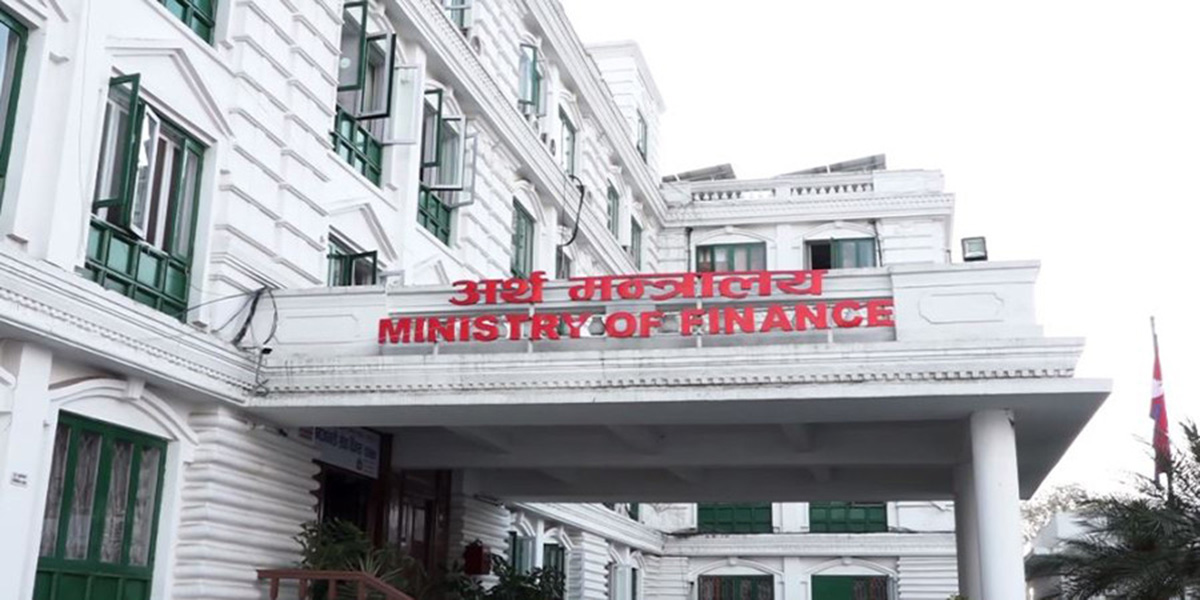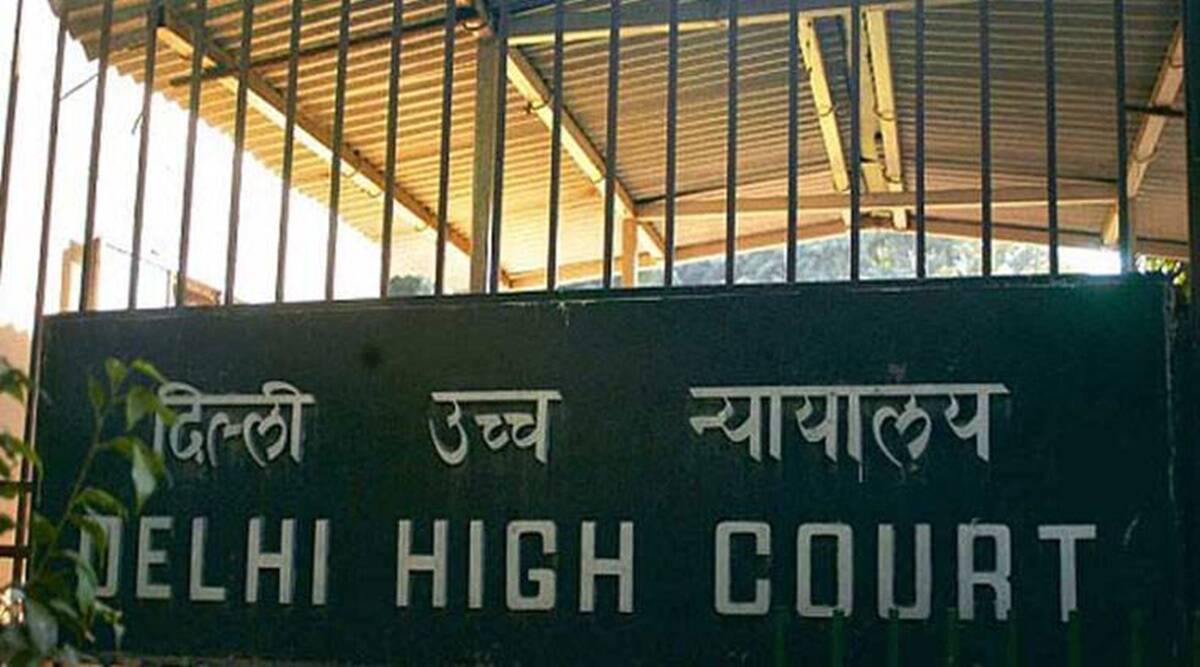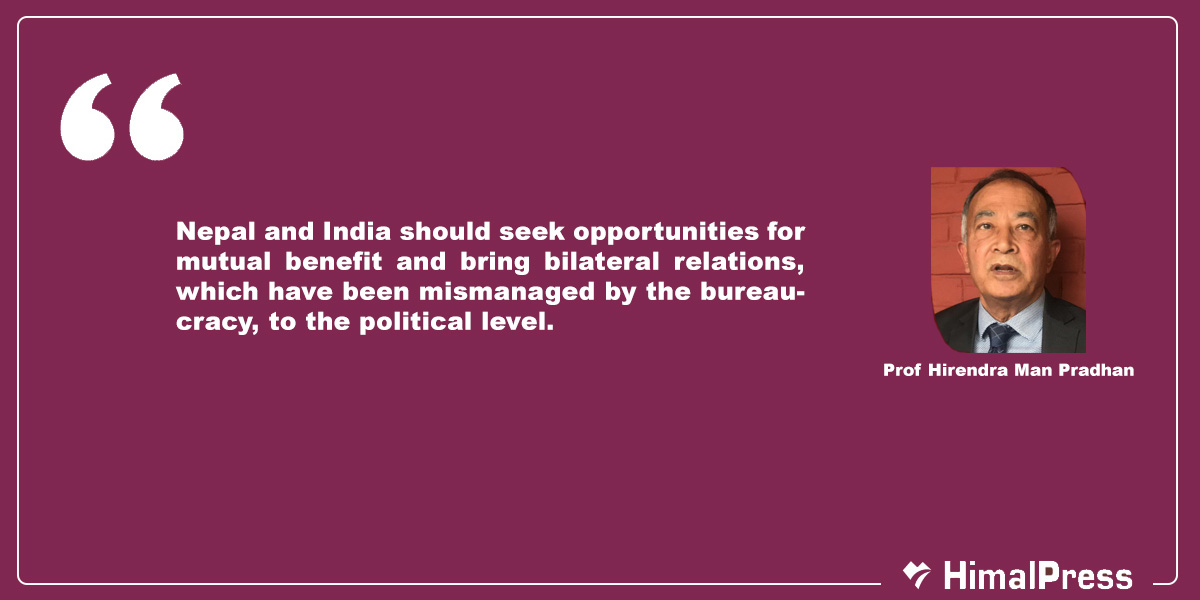
Prime Minister Pushpa Kamal Dahal is almost certain to begin in foreign visits from India. Unless there are unavoidable circumstances, he will leave for New Delhi within two weeks. It has been a longstanding tradition for Nepali Prime Ministers to start their foreign trips from India, and Dahal is continuing the practice.
During his first term as Prime Minister, Dahal attempted to break from the tradition, following in the footsteps of former Prime Minister Tank Prasad Acharya. After assuming office in 2008, the CPN (Maoist Center) leader visited China first. However, upon receiving indications that India was suspicious of the visit, he was compelled to clarify that his first political visit would be to India, soon after his return from China.
Dahal’s upcoming visit to India comes in a different context as he will be visiting as the leader of a coalition government. Just a week ago, he appointed NP Saud, a Nepali Congress lawmaker, as the foreign minister to facilitate his visit. Given their different political affiliations, their ability to work together and hold constructive talks with the Indian leadership will be crucial in safeguarding Nepal’s national interests.
There are several unanswered questions regarding Nepal-India relations that should be addressed at the highest political level.
India and Nepal have been grappling with various issues for the past 70 years, with problems emerging almost on a daily basis. Therefore, it is imperative that both countries prioritize addressing these issues. However, to date, there has been no dialogue between the two sides to identify and address the root causes of these problems. It would be prudent to establish a working group ahead of high-level visits to compile a list of key issues for discussion. Nepal should take the initiative in this regard.
There are several unanswered questions regarding Nepal-India relations that should be addressed at the highest political level. Both countries should make concerted efforts to resolve these issues if the Indian leadership is willing to advance bilateral relations for the greater good of their citizens. One of the major challenges faced by Nepali leaders is the difficulty in effectively communicating their concerns. Nepal has repeatedly failed to raise critical issues to the leadership level, particularly those that are intertwined at the civil society and informal levels, instead of being confined to administrative channels.
During the Covid-19 pandemic, a prolonged dispute arose between Nepal and India after the latter laid the foundation stone for a road to Mansarovar in Tibet via the land that Nepal claims to be in its Nepali territory. India’s decision to include disputed land such as Limiyadhura, Lipu Lek and Kalapani in its territory by revising its map unilaterally sparked protests in Nepal. Nepal subsequently revised the map and its parliament amended the constitution to include these disputed areas in Nepal’s map. Nepali leaders showed tempting political unity at that time. However, the country was unable to effectively convey its position to Indian leadership. As a result, the new map further strained relations between the two countries with past incidents of India imposing blockades on Nepal amidst misunderstandings and disagreements serving as cautionary examples. Therefore it is crucial to focus on issues in bilateral relations starting from the promulgation of the new constitution by Nepal.
Political leaderships of both Nepal and India have made mistakes in the past. India must recognize that advancing Nepal’s development would be beneficial to both countries. India’s adoption of a “neighborhood first” policy underscores the importance of nurturing positive relationships with neighboring countries. By working together to promote Nepal’s development, India can demonstrate the positive attributes of its democratic system, enhancing the country’s reputation and the global standing of its Prime Minister, Narendra Modi, who has garnered an image as a religious and spiritual leader.
Nepali leaders must clearly articulate their concerns to India during Dahal’s upcoming visit to India. If Nepali leaders prioritize the interests of their country over personal agendas, it will be possible to resolve outstanding issues. India must also recognize that not everything is broken in Nepal. Nepali leaders have a proud history of contributing to India’s independence struggle. Indian leaders should take this into account and work closely with Nepal. Dahal should not hesitate to raise Nepal’s interests and concerns with his Indian counterpart during their discussions.
The issue of demonetized Indian banknotes in Nepal’s possession that have not been exchanged yet should also be discussed during the upcoming talks between the two leaders.
The Nepal-India Eminent Person’s Group (EPG) report should be discussed by the political leadership of both countries during Dahal’s visit. While there have been criticisms that the report is influenced by old leaders and bureaucracy, it was prepared through open discussions and agreed upon by both sides. Therefore, Dahal should raise this issue during his visit. If there is a bilateral agreement on development, both countries can start afresh and put the EPG report on the back burner. This can help resolve any outstanding issues and move the relationship forward positively.
Another issue between the two countries is the border problem. The border should be regularly monitored by maintaining security forces of equal status on both sides. All works have been completed as per the strip map, but the work on some disputed areas is still pending. The issues of Kalapani-Lipulek-Limpiyadhura and Susta should be decided after holding discussions with experts.
There is a need for initiatives to ensure easy access for Nepali products to India. Nepal can adopt models of cooperation to reduce the trade deficit between the two countries. Additionally, the issue of demonetized Indian banknotes in Nepal’s possession that have not been exchanged yet should also be discussed during the upcoming talks between the two leaders.
As the current chair of SAARC, Nepal has a responsibility to take initiative and make SAARC more active. Likewise, India should not have any objections to whoever develops hydropower projects that have already signed Power Purchase Agreement (PPA) in Nepal. Both sides should make efforts to identify the main issues in Nepal-India relations and work towards resolving them. Additionally, Nepal should explore ways to utilize its natural resources. For instance, we can learn from the way two boulders from the Kaligandaki River were received in Ayodhya and promote what we have in abundance.
One of the hindrances to Nepal-India relations is the self-centered attitude of Nepali leaders. Our leaders have created a situation where they cannot gain power without Indian blessing. It is crucial to elevate the relationship with India to a more political and civil level. Both countries should establish arrangements for quality certification for exporting and importing food products. Additionally, it is essential to collaborate on issues like climate change. The two countries should seek opportunities for mutual benefit and bring bilateral relations, which have been mismanaged by the bureaucracy, to the political level.
Even if there are no new developments in the discussions, addressing old issues will still be a step forward in Nepal-India relations.
About three decades ago, the Pancheshwar Treaty was signed when Sher Bahadur Deuba, who leads the coalition partner of PM Dahal, visited New Delhi. Dahal should take initiative to revive the treaty. Talks between the two countries at various levels have been held to execute the project. But now, we have to focus on developing it. If such agreements are implemented, both countries can reap the benefits of development.
Dahal does not need to achieve a miracle during his visit to New Delhi. It is necessary to have discussions with experts before his departure. Even if there are no new developments in the discussions, addressing old issues will still be a step forward in Nepal-India relations. With a coalition government in power, and the general public taking a keen interest in dealings with India, the focus should be on decisions based on mutual understanding. The foreign minister should not solely rely on bureaucracy alone but also seek advice from experts. The more discussions are held, the better the outcomes are.
President Ramchandra Poudel is currently in New Delhi for medical treatment. Hence, it would be wise to schedule the visit dates for PM Dahal’s visit now to avoid any inconvenience. Therefore, Foreign Minister Saud should hold discussions with experts to identify and address issues in all areas, considering their past and present status.

